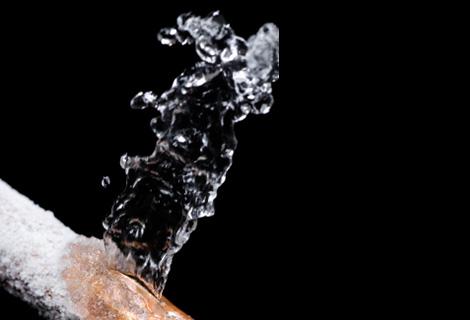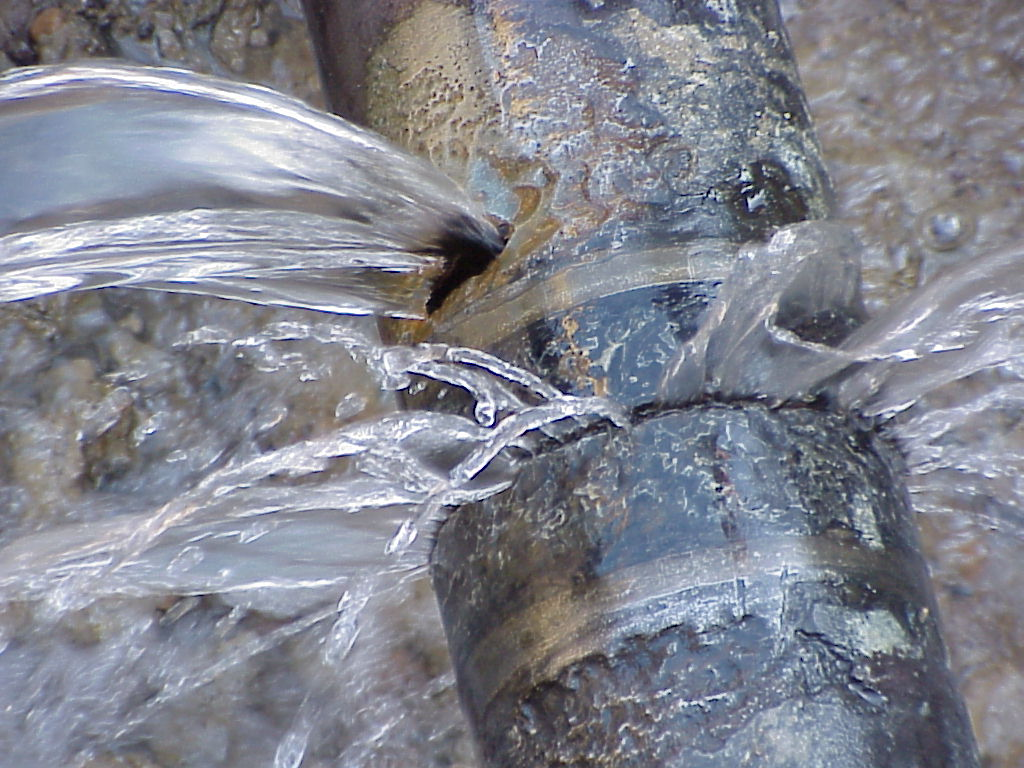Learning Effective Septic Tank Maintenance: What You Should Know
Learning Effective Septic Tank Maintenance: What You Should Know
Blog Article
We've come across this great article about Water Damage: Tips On What To Do When Your House Is Flooded listed below on the internet and thought it made good sense to relate it with you on my blog.

What should you do if a water pipe bursts in your home, producing a mini-waterfall as well as flooding an area of your home? In this scenario, you must act fast. The longer you wait, the more severe the water damage in your property. When an emergency like this happens, clearheadedness is vital. For these factors, you need to discover what to in case of a ruptured water pipe. Due to the fact that time is of the significance, inspect out the following tips listed below to aid you act quick.
Shut down the Key Waterline Valve
The first thing you have to do is shut the shut-off valve. Look for the neighborhood shut-off shutoff to turn-off water in one particular area just. If you do not understand where the localized shut-off shutoff to the component is, you have to turn-off the major waterline shutoff. This will certainly cut off the water in your entire home. Normally, the main shutoff is found outside the house next to the water meter. If it's not there, you can likewise find it in the cellar at an eye-level or it could be in the 1st flooring on the ground. Commonly, builders but the shut-off shutoff in the main ground level washroom or right beside it.
Call Water Damage Remediation Pros for Aid
After closing the water resource, call the pros for aid. With their specialist aid, you can minimize worsening due to the fact that water can permeate via your points resulting in deformed walls, loose ceramic tiles, or damage structure.
File the Damage For Insurance
As you are waiting for the pros to show up, document the damages created by the wayward pipe. Staying aggressive with this enables you to file a claim for coverage, which will certainly assist you and your family obtain back on your feet.
Restore Things That Can Be Conserved
As soon as you're done taking photos, peruse the things as well as obtain one of the most essential ones from the stack. Dry them off as well as try to maintain as long as you can. Drag them away from dampness so they can begin to dry.
Begin the Drying Process
The good news is, water from your waterlines are tidy so you don't have to fret regarding sewage system water. The flowing water may have disrupted the dirt and also particles in your carpets as well as floorboards. Be prepared with handwear covers as you use buckets to dump out the water.
Professionals are the only ones qualified to take care of the burs pipelines and also succeeding damage. And keep in mind, pipes do not simply unexpectedly ruptured. You will normally see red flags like gurgling paint, unusual sounds in the plumbing, stuffy smell, caving ceiling, peeling off wallpaper, or water stains. Pay attention to these points, so you can nip any kind of issues in the bud.
What should you do if a water pipeline ruptureds in your house, creating a mini-waterfall and flooding an area of your home? For these reasons, you need to learn what to in case of a burst water pipe. After shutting the water resource, call the pros for aid. With their specialist assistance, you can alleviate worsening since water can leak with your things resulting in distorted baseboards, loose tiles, or damage structure. Thankfully, water from your waterlines are clean so you don't have to stress concerning sewage system water.
How to Handle a Burst Pipe and Minimize Damage
Steps to Take Ahead of Time
If you own property in an area that experiences cold weather, you need to be aware of seasonal maintenance tasks that will help you protect your property as the weather changes each year. One of the most important steps is to winterize your pipes to ensure they won't freeze or burst when the temperature drops. This includes action items like insulating any exposed pipes, detaching garden hoses and covering outdoor faucets. If the weather gets cold enough, you may even consider leaving a faucet dripping or opening cabinet doors during the coldest parts of the day.
No matter how prepared you might be, accidents and emergencies still happen. You'd be wise to set up a savings account specifically for your property so you have a "rainy day" fund set aside for unexpected expenses. All homes—regardless of age, location or condition—will inevitably need some form of emergency repair.
Steps to Take for Frozen Pipes
A frozen pipe will not necessarily burst, so if you can catch a frozen pipe early on, you could save yourself a major headache. When your area experiences frigid temperatures, be sure to check your plumbing and keep an eye out for warning signs like faucets only releasing small amounts of water or toilets not refilling when flushed. If you do run into one of these issues, you're likely dealing with a frozen pipe.
If this happens, your first step should be to cut off the water supply to that section of the plumbing. Expanding and freezing water can quickly cause damage. Even if the water supply is shut off, you will likely still deal with some leaking from the water that defrosts after the pipe has thawed. Be prepared with a mop, bucket and/or towels to quickly soak up any excess water.
In order to thaw a frozen pipe, you can use a space heater, infrared or incandescent heat lamp, or even a hairdryer to warm up the frozen area. Heat tape is also an option and should be used according to manufacturer instructions. Do not use any sort of open flame to thaw frozen pipes, as it poses a major fire hazard and can damage your pipes further.
Steps to Take for a Burst Pipe
Water damage claims are the second most common insurance claim in the U.S. When you're dealing with a frozen pipe, the water continues to expand as it freezes, which creates pressure that can cause a pipe to burst. When this happens, the crack or leak in the pipe allows water flow from the pipe to enter your home where it shouldn't. If a pipe does burst, you need to act quickly to mitigate property damage and repair cost.
Your very first step should be to shut off your main water supply to minimize flooding—typically the most expensive damage to address. Once you've shut off the water supply, make sure you identify the entire area that has been impacted by the leak. Remove as much water as possible—as quickly as possible—using a mop, sponges, towels or a shop vacuum or wet/dry vacuum. To prevent long-term damage due to moisture build-up, run a dehumidifier or fan in the affected area. Contact a licensed plumber to ensure the pipe is correctly repaired before running any water to that section of the home again. Burst pipes and the associated water damage are something you absolutely want to avoid as a property owner. If you've had to learn your lesson the hard way, don't let yourself get caught in a similar situation during the next spell of cold weather. The best way to deal with frozen or burst pipes is to prevent them in the first place—proactive winter maintenance will save you time, money and a whole lot of stress.

I'm just very occupied with The Do’s And Don’ts When Water Floods Your Home and I really hope you enjoyed the new page. Do you know about anybody else who is truly interested in the niche? Feel free to promote it. Thanks for your time invested reading it.
Report this page